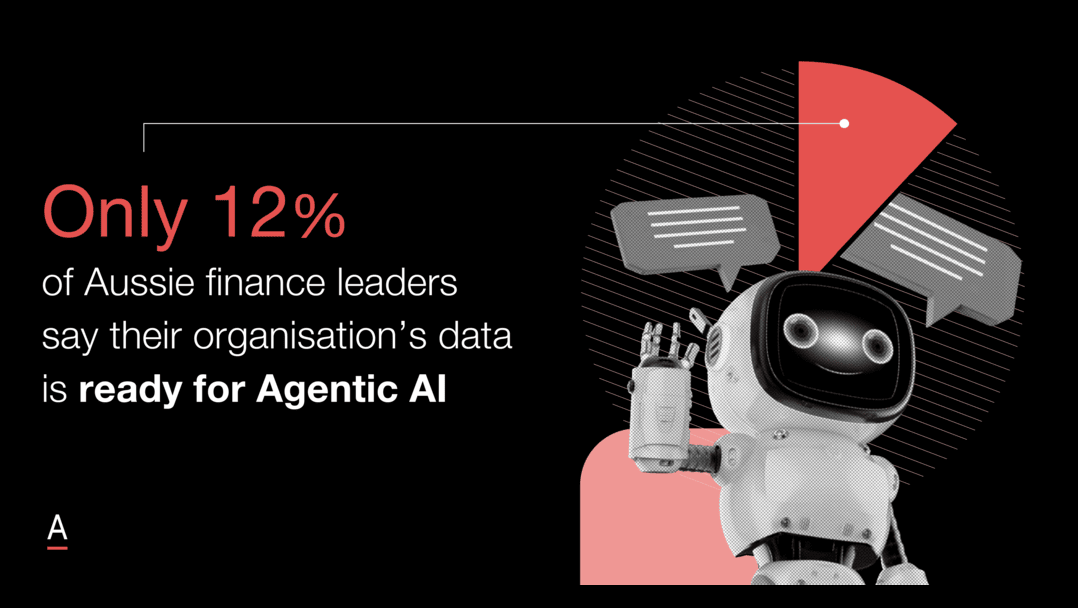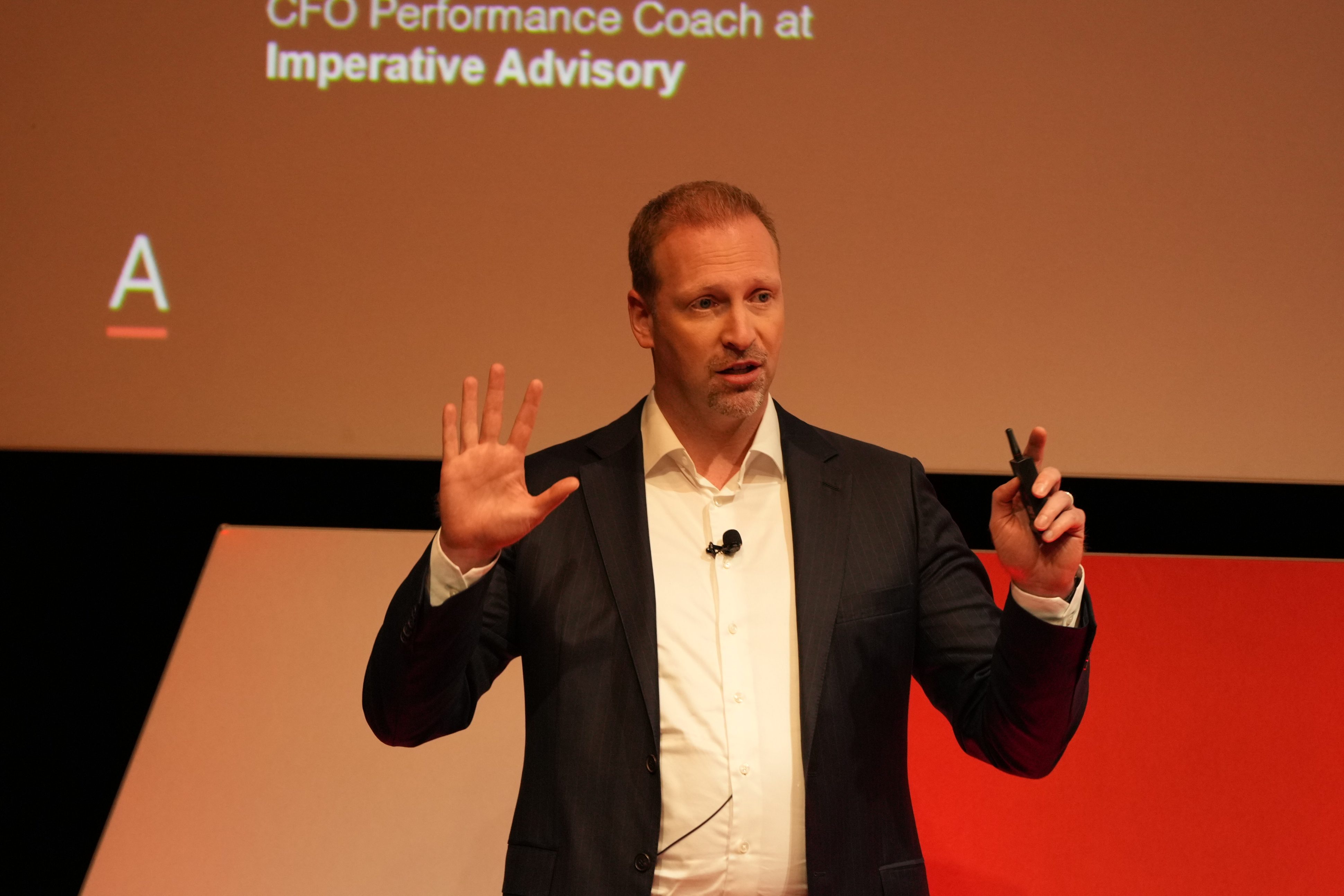The Hon Victor Dominello and Dom Price share adaptive leadership lessons for CFOs facing AI complexity
In a conversation at CFO Edge, Victor Dominello and Work Futurist Dom Price explore how leadership, AI maturity, and adaptive systems are reshaping the expectations placed on modern CFOs.In a conversation at CFO Edge,Victor Dominello and Work Futurist Dom Price explore how leadership, AI maturity, and adaptive systems are reshaping the expectations placed on modern CFOs.
The Victor Dominello, former NSW Minister for Customer Service and Digital and a long-time national advocate for trustworthy digital systems, describes his leadership approach as one anchored in trust and delegation.
He explains that a leader should remove friction for their teams, empower people to resolve smaller issues, and maintain focus on vision and high impact problems.
That approach strengthened over more than a decade working with a consistent group of colleagues.
Victor reflects on how that continuity created what he describes as a sense of ESP within the team, enabling clarity, speed, and confidence in decision making.
The conversation then turns to artificial intelligence.
Victor characterises generative AI as a clever pigeon, referring to its pattern recognition capability rather than any suggestion of reasoning.
He underscores that AI can sharpen speed, precision, and risk management as long as human oversight remains part of the process.
Keeping a human in the loop, he notes, protects organisations from both human and machine error and anchors decisions in context, accountability, and intent.
Victor shares a useful distinction between transformation and evolution.
Transformation, he explains, can create short bursts of progress, but the deeper challenge is designing systems that continually adapt.
He illustrates this through his Government 0.0 to 4.0 model, which charts the shift from paper bureaucracy to a future of formless and automated services that operate through APIs.
He observes that many organisations have digitised existing processes rather than rebuilding them for a new environment.
That mindset, he suggests, limits the ability to modernise.
Drawing on his experience leading seventy agile product teams across New South Wales, Victor highlights the importance of flexible structures, clear data pathways, and responsive funding models.
The Digital Restart Fund, a pool of 2.2 billion dollars, enabled teams to test ideas, gather evidence quickly, and scale what worked.
Victor and Dom agree that technology itself rarely presents the true barrier.
Culture, decision velocity, and leadership alignment determine whether technology can meaningfully shape performance.
Victor compares technology to a golf club and culture to the swing that determines whether the club delivers value.
Looking forward, Victor encourages leaders to approach AI with humility, curiosity, and a willingness to experiment.
He points to use cases ranging from early sepsis detection in healthcare to crowd monitoring at large public events as examples of how AI can augment decision making when deployed responsibly.
Dom adds that while research shows a 33% uplift in individual productivity, 96% of organisations see no aggregate improvement.
He uses this data to challenge leaders to determine where saved time should be reinvested so productivity gains translate into enterprise outcomes.
The session closes with a shared message.
Leaders who learn openly, test ideas quickly, and treat AI adoption as an ongoing human evolution will position their organisations for resilience.
Victor stresses that the future depends on leaders who promote trust based cultures, build systems that adapt, and teach their organisations to think in terms of capability rather than projects.
Key Takeaways:
- Evolution requires systems that adapt continuously instead of relying on short cycles of transformation.
- Trust based leadership and agile structures enable faster decisions, stronger teams, and more effective digital outcomes.
- AI delivers value when accompanied by cultural maturity, clear oversight, and purposeful reinvestment of productivity gains.






























